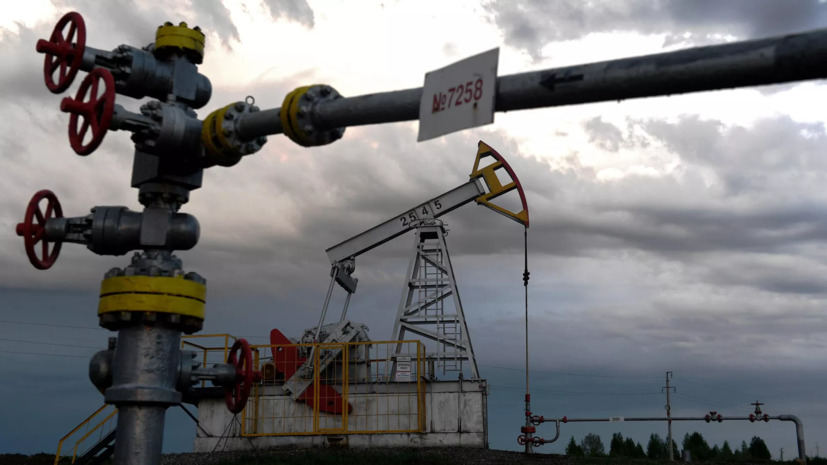The expert stressed that there are "contradictory trends" in the oil market.
According to the expert, everyone was worried that a nuclear deal with Iran would still take place.
In this case, part of the sanctions would be lifted from Tehran, and additional volumes of Iranian oil would pour into the world market, the source explained to RT.
“Nevertheless, as we can see, Iran met the US halfway and withdrew some of its demands, while America, on the contrary, cooled off a bit towards this deal.
Washington was ready to conclude it when oil cost $100-120 per barrel, which led to a significant rise in fuel prices in the United States.
Now fuel prices inside the United States have decreased and there is no urgent need to meet Iran halfway,” Yushkov said.
He also noted that there is "determination" on the part of Saudi Arabia to prevent this deal.
“Therefore, at first the markets swung down, then bounced up a little, on the statements of Saudi Arabia.
There is also some relief now.
Whether there will be a recession in the global economy is being discussed.
If it is, then the volume of industrial production will be less, there will be less displacement, respectively, oil consumption will be less, ”said the analyst.
In addition, the specialist stressed that by the end of the year everyone expects an increase in oil prices, in particular, due to the possibility of introducing a price ceiling by the G7 countries and reducing Russia's exports.
Earlier, State Duma Speaker Vyacheslav Volodin said that by their decision to impose a ceiling on prices for Russian oil and gas, the G7 states recognize the ineffectiveness of the sanctions previously imposed against Russia.

